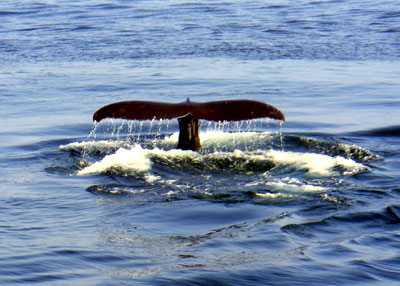All Nonfiction
- Bullying
- Books
- Academic
- Author Interviews
- Celebrity interviews
- College Articles
- College Essays
- Educator of the Year
- Heroes
- Interviews
- Memoir
- Personal Experience
- Sports
- Travel & Culture
All Opinions
- Bullying
- Current Events / Politics
- Discrimination
- Drugs / Alcohol / Smoking
- Entertainment / Celebrities
- Environment
- Love / Relationships
- Movies / Music / TV
- Pop Culture / Trends
- School / College
- Social Issues / Civics
- Spirituality / Religion
- Sports / Hobbies
All Hot Topics
- Bullying
- Community Service
- Environment
- Health
- Letters to the Editor
- Pride & Prejudice
- What Matters
- Back
Summer Guide
- Program Links
- Program Reviews
- Back
College Guide
- College Links
- College Reviews
- College Essays
- College Articles
- Back
Sea Pens are the Solution for SeaWorld’s Exploited Animals
If we recognize animals close ties with human’s emotional and natural behaviors, we should at least be willing to relieve them of being overworked entertainment tools. This leaves us with the question: what should become of the current animals in captivity.
Captive animals are living terrible lives and humans are simply standing by, letting this happen. They deserve back the lives humans have stripped from them. There are 61 captive orcas around the world living in places like SeaWorld. Recently breeding their last orcas in 2016, SeaWorld, should reduce the amount of animals in captivity, but what about the 61 orcas still in captivity? These orcas cannot be directly released into the wild. Their current state leaves them without the knowledge of hunting for their food and survival skills. The best option for them are sea pens; sanctuaries for these animals. They allow orcas to live in a wild environment that is contained by a netted fencing. The orcas will never be reintroduced into the wild, but slowly into larger habitats.
The calves should be an exception and be able to be reinstated in the ocean if young enough. This way, some of the 61 captive orcas will be exposed back to their natural habitats--where they belong.
These sea pens, however, have faced backlash because of its cost. They could reach up to $5 million for each sea pen, and an additional $500,000 for staff members a year. Other concerns are the animals not being able to withstand the harsh weather conditions or viruses that would be in the sea pens. While this is an issue to be considered, the lives of these animals outweigh the cost and the possible viruses imposed. Humans owe it to these creatures to give them the life they deserve, even if it is risky and expensive. Those against sea pens are only rejecting the idea. They are concerned with the cost and not the 61 dejected animals left in captivity.
“All animals in captivity have an awful life,” states a former SeaWorld trainer.
Marine parks, such as SeaWorld, have been capturing orcas since 1961 to exploit them as performance animals. They have been subject to miserable lives: a part spent in small areas where they are forced to perform tricks for food and are punished if they do not, and the other ⅔ of their lives are spent in 20 by 30 foot pools. This way of living has reduced their life expectancy from the equivalent of humans to only 30-40 years long. 158 have died due to captivity, including 28 miscarried or stillborn.
Animal mistreatment is a reflection of humans.
Animals express the same emotions as humans. Author of the article “A Change of Heart about Animals” Jeremy Rifkin proves that providing animals like pigs 20 seconds of human contact a day can prevent aggression, and providing young rats playtime releases amounts of dopamine from their brains. It has been proven that orcas too are extremely emotional and intelligent creatures, and use languages to communicate. Any person, in some way would be able to relate to the emotions these animals express. Humans should then understand why animals like orcas should not continue to live in confined areas and should support sea pens.
The emotion they experience is important when considering how they should be treated because they are just like us. It is crucial for orcas to not be used as entertainment, to draw in an audience, just so marine parks and aquariums can profit.
These intensely complicated creatures are more than we make them out to be. They deserve a life where they will be able to roam freely, and since the open waters are not an option, sea pens are. They allow them to live their prior miserable lives to the best.
Teens constantly complain about not having a voice, but you do. Advocate for the importance of a better life for these creatures, use your voice and protest against marine parks and aquariums that exploit cetaceans. Do your part in bettering the lives of those that do not have a voice.

Similar Articles
JOIN THE DISCUSSION
This article has 0 comments.
